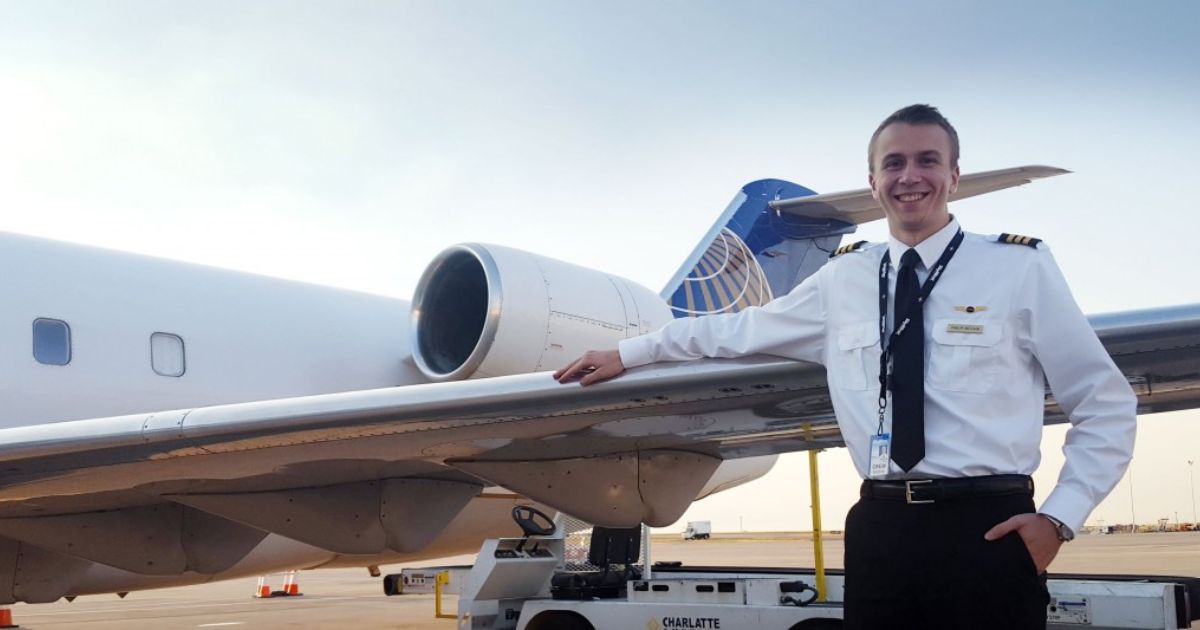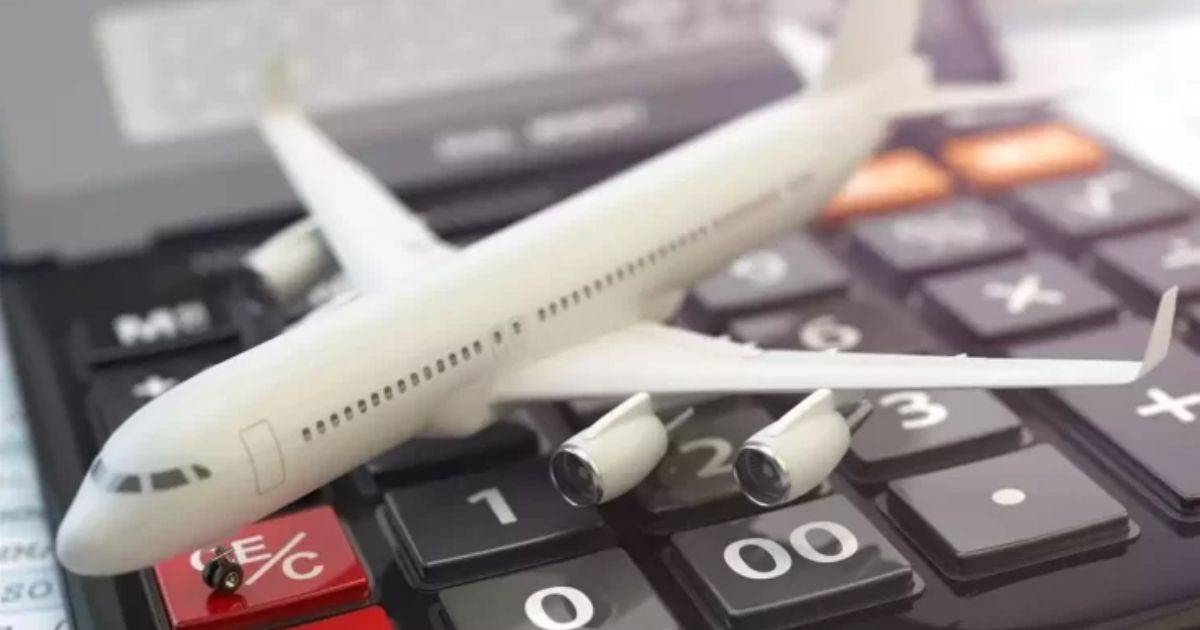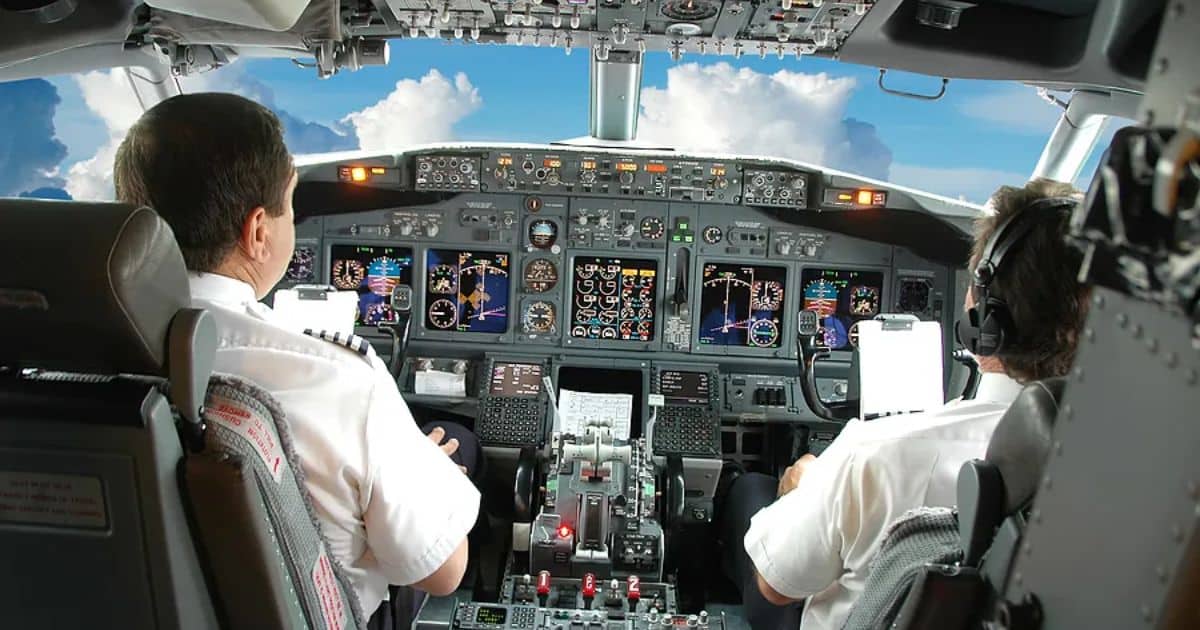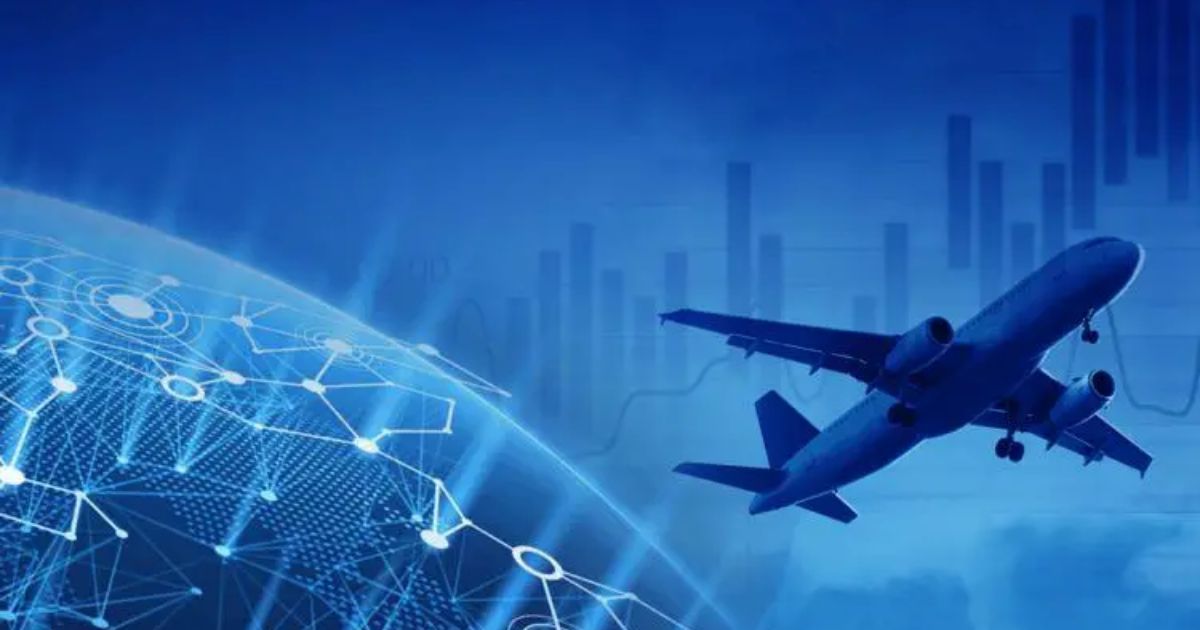In the fast-paced and highly regulated world of aviation business, understanding the role of Dvcodes is crucial. These unique codes play a vital role in industry regulations, ensuring compliance and efficiency in operations. For instance, consider the case of a major airline that successfully implemented Dvcodes, resulting in streamlined processes and improved customer experience. This article delves into the importance, assignment, structure, and benefits of Dvcodes in aviation, as well as potential challenges and future developments. Join us on this informative journey into the world of aviation business Dvcodes.
Key Takeaways
- Dvcodes are codes used in the aviation business for identification and categorization.
- They ensure safety, efficiency, and compliance in the aviation business.
- Dvcodes play a vital role in industry regulations and operations.
- They streamline communication, facilitate accurate record-keeping, and enable efficient data exchange between stakeholders.
What Are Dvcodes
Dvcodes are a set of codes used in the aviation business to identify and categorize different aspects of aircraft maintenance and operations. These codes provide a standardized system for communication and documentation within the industry. Each code represents a specific task, procedure, or requirement, allowing professionals to easily understand and interpret information related to aircraft maintenance and operations. Dvcodes play a crucial role in ensuring safety, efficiency, and compliance in the aviation business.
Importance of Dvcodes in Aviation Business
The utilization of standardized codes in the aviation business is of utmost significance for ensuring safety, efficiency, and compliance. These codes, known as Dvcodes, play a crucial role in various aspects of aviation operations. They help streamline communication, facilitate accurate record-keeping, and enable efficient data exchange between different stakeholders. By using Dvcodes, airlines, airports, and regulatory agencies can maintain uniformity and consistency in their processes. In the next section, we will explore the role of Dvcodes in industry regulations and their impact on aviation safety.
The Role of Dvcodes in Industry Regulations
Standardized codes play a pivotal role in industry regulations for the aviation business. These codes serve as a common language that ensures consistency and clarity in various aspects of the industry, including safety, maintenance, operations, and communication.
By utilizing standardized codes, stakeholders in the aviation industry can effectively adhere to regulations, share information, and ensure compliance. These codes provide a framework that promotes a sense of belonging and collective responsibility, ultimately contributing to the overall safety and efficiency of the aviation business.
How Dvcodes Are Assigned and Updated
How are Dvcodes assigned and updated in the aviation business? Dvcodes, which are unique identifiers used in the aviation industry, are assigned by regulatory bodies such as the International Civil Aviation Organization (ICAO). These codes are typically based on a combination of factors such as the type of aircraft, its manufacturer, and its purpose.
Updates to Dvcodes are necessary to accommodate new aircraft models, changes in regulations, and advancements in technology. Aviation authorities work collaboratively to ensure that Dvcodes are accurate and up to date, promoting safety and efficiency in the industry.
Understanding the Structure of Dvcodes
Dvcodes in the aviation industry are commonly structured using a specific pattern that reflects the frequency of their occurrence. These codes are typically composed of a combination of letters and numbers that provide information about the type of issue or maintenance required.
The structure of dvcodes enables easy identification and categorization of problems, allowing aviation professionals to quickly assess and address them. Understanding this structure is crucial for effective safety management, as it helps ensure that issues are properly identified and resolved in a timely manner.
The Significance of Dvcodes in Safety Management
The effective management of safety in the aviation industry relies heavily on the understanding and utilization of dvcodes, which play a crucial role in identifying and addressing potential issues. Dvcodes serve as a standardized system of classification and categorization for various safety-related aspects, including equipment, procedures, and protocols. By using dvcodes, aviation professionals can ensure consistency and uniformity in safety management practices, ultimately enhancing the overall safety and security of the industry.
Benefits of Using Dvcodes in Aviation Operations
The use of Dvcodes in aviation operations offers several benefits, including improved operational efficiency and enhanced safety measures. By utilizing Dvcodes, airlines and aviation companies can streamline their processes, reduce errors, and increase overall productivity.
Additionally, the implementation of Dvcodes helps to ensure compliance with regulatory standards and promotes a culture of safety within the industry.
Improved Operational Efficiency
How can the use of Dvcodes improve operational efficiency in aviation operations? Dvcodes offer several benefits that contribute to improved operational efficiency in the aviation industry. By using Dvcodes, airlines can streamline their processes, reduce errors, and enhance communication between different stakeholders.
This can result in faster turnaround times, improved resource allocation, and increased productivity. The table below highlights some of the key ways in which Dvcodes can improve operational efficiency in aviation operations.
| Benefits of Using Dvcodes in Aviation Operations |
|---|
| Streamlined processes |
| Reduced errors and rework |
| Enhanced communication |
| Increased productivity |
Enhanced Safety Measures
By utilizing Dvcodes, airlines can implement enhanced safety measures in their aviation operations, resulting in a more secure and reliable travel experience for passengers. Dvcodes provide a comprehensive system for tracking and monitoring various aspects of aviation operations, such as maintenance, crew training, and flight planning. This allows airlines to identify potential safety risks and take proactive measures to mitigate them.
Additionally, Dvcodes facilitate real-time communication and information sharing between different stakeholders, promoting better coordination and decision-making in emergency situations. Overall, the use of Dvcodes enhances safety and contributes to a safer aviation industry.
Challenges and Limitations of Dvcodes Implementation
Implementing Dvcodes in aviation businesses poses several challenges and limitations that need to be addressed. One of the main challenges is the need for extensive training and education for staff to ensure proper understanding and utilization of the codes. Additionally, there may be resistance to change from employees who are accustomed to traditional methods.
Furthermore, the implementation process itself can be time-consuming and costly, requiring updates to existing systems and infrastructure. It is crucial for aviation businesses to carefully plan and address these challenges to successfully implement Dvcodes.
Dvcodes and Their Impact on Aviation Business Efficiency
Dvcodes play a crucial role in enhancing the efficiency of aviation businesses. By providing a standardized system for categorizing data and information, dvcodes enable organizations to streamline processes, improve communication, and make informed decisions.
The impact of dvcodes on aviation business efficiency is evident in areas such as inventory management, maintenance scheduling, and regulatory compliance, where accurate and timely information is crucial for smooth operations.
Efficiency of Dvcodes
Aviation businesses can significantly enhance their operational efficiency by utilizing dvcodes. These codes play a crucial role in streamlining processes and improving overall performance. Here are four reasons why dvcodes are essential for aviation business efficiency:
- Enhanced communication: Dvcodes facilitate clear and concise communication among stakeholders, reducing misunderstandings and errors.
- Improved safety: By using dvcodes, aviation businesses can ensure compliance with safety regulations and minimize the risk of accidents.
- Time-saving: Dvcodes enable quick and efficient data entry, saving valuable time and increasing productivity.
- Seamless integration: Dvcodes allow for seamless integration of various systems, ensuring smooth operations and optimal resource utilization.
Understanding the efficiency benefits of dvcodes is crucial for aviation businesses looking to thrive in a competitive industry. In the next section, we will explore the impact of dvcodes on aviation business as a whole.
Impact on Aviation Business
The use of dvcodes has had a significant impact on the efficiency of aviation businesses, enhancing communication, improving safety, saving time, and enabling seamless integration of systems. By adopting dvcodes, aviation businesses have been able to streamline their operations and reduce the potential for human error.
This has resulted in increased productivity and cost savings. Furthermore, the use of dvcodes has facilitated better coordination among different departments, leading to improved overall efficiency and customer satisfaction.
Future Trends and Developments in Dvcodes for Aviation Industry
One important aspect to consider in the aviation industry is the future trends and developments of dvcodes. These codes play a crucial role in ensuring the safety and efficiency of air travel. Here are four key trends that are shaping the future of dvcodes in the aviation industry:
- Advancements in technology: New technologies such as artificial intelligence and machine learning are being integrated into dvcodes to enhance their accuracy and effectiveness.
- Increased automation: Automation is reducing human error and improving the speed of dvcodes’ implementation and usage.
- Enhanced cybersecurity measures: As the aviation industry becomes more digitized, ensuring the security of dvcodes is paramount to prevent unauthorized access or tampering.
- Standardization and global cooperation: Efforts are being made to establish international standards and collaborate with different stakeholders to ensure uniformity and interoperability of dvcodes across the aviation industry.
Frequently Asked Questions
What Is the History of Dvcodes and How Did They Come Into Existence in the Aviation Industry?
The history of dvcodes in the aviation industry traces back to the need for a standardized system to identify aircraft parts. They were developed to ensure safety, efficiency, and compatibility in the aviation business.
Are There Any Penalties or Consequences for Not Complying With Dvcodes in Aviation Business?
Non-compliance with dvcodes in aviation business can result in penalties and consequences. These may include fines, regulatory actions, suspension or revocation of licenses, and damage to the reputation of the business.
How Do Dvcodes Contribute to the Overall Safety and Security of Aviation Operations?
Dvcodes contribute to the overall safety and security of aviation operations by providing a standardized system for identifying and addressing potential risks. They ensure compliance with regulations, promote efficient communication, and support a proactive approach to mitigating hazards in the aviation business sector.
Can Dvcodes Be Customized or Modified to Suit the Specific Needs of Individual Aviation Businesses?
Yes, dvcodes can be customized or modified to suit the specific needs of individual aviation businesses. This allows for greater flexibility and adaptability in implementing safety and security measures according to their unique operational requirements.
Are There Any International Standards or Guidelines That Regulate the Use and Implementation of Dvcodes in the Aviation Industry?
Yes, there are international standards and guidelines that regulate the use and implementation of dvcodes in the aviation industry. These standards ensure consistency, safety, and interoperability among aviation businesses globally.
Conclusion
In conclusion, Dvcodes play a crucial role in the aviation industry by providing a standardized system for identifying and categorizing various aspects of aviation business. They aid in industry regulations, improve operational efficiency, and contribute to overall business effectiveness. However, their implementation also presents challenges and limitations. As the aviation industry continues to evolve, future trends and developments in Dvcodes will likely enhance their effectiveness and further streamline aviation operations. Embracing these codes will propel the industry towards greater efficiency and success.











